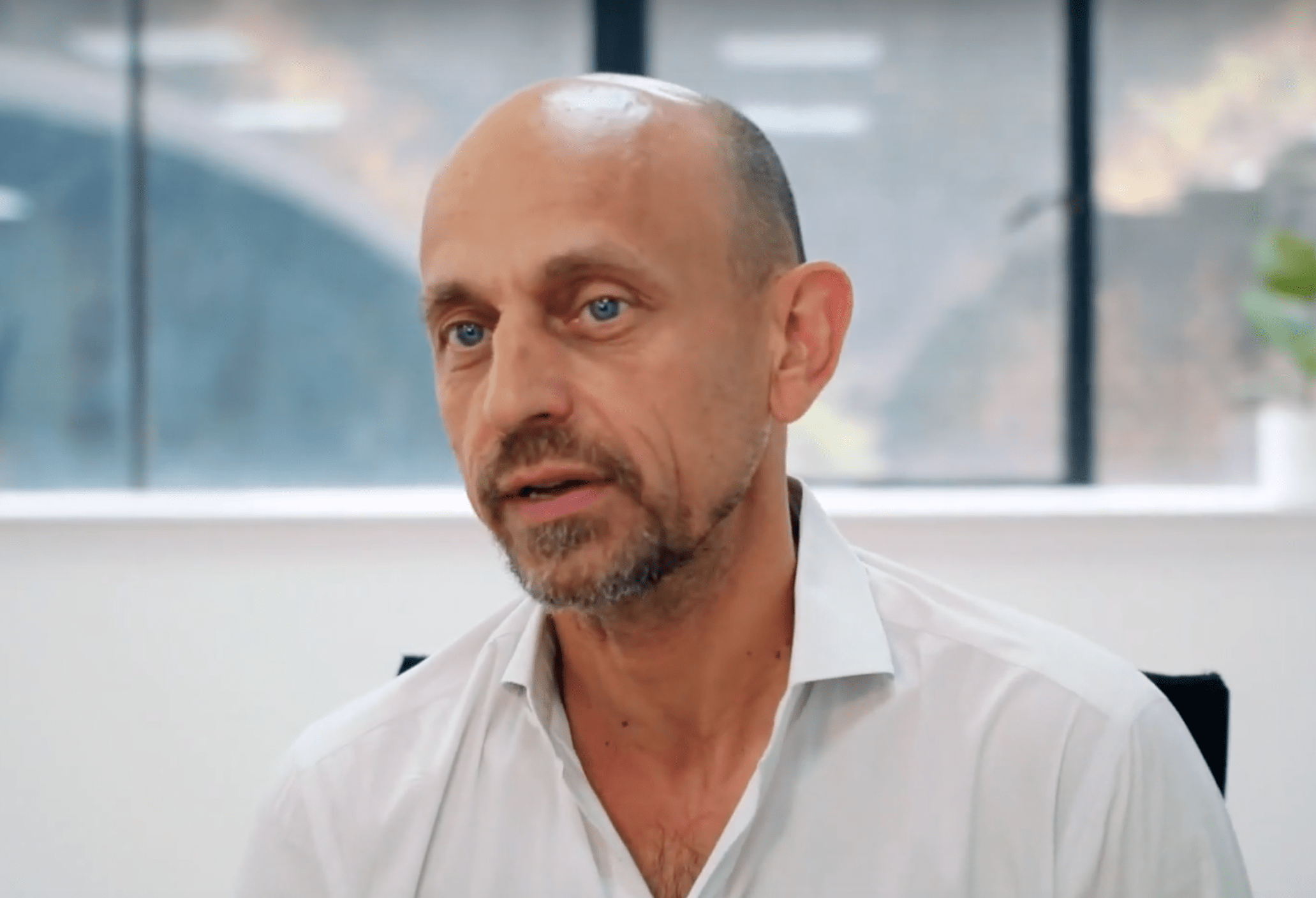The following interview with Freddie Talberg, CEO and co-founder at EMSOL is taken from a discussion with Seedtribe.
What is EMSOL’s mission
Our mission is to help our customers take steps every day to make a lasting difference in reducing transport pollution.
Who are the customers EMSOL is working with?
EMSOL works with business and local authorities to take action on air quality. To date, we have worked with some fantastic customers from Croydon Council and Corporation of London, as well as big companies such as MACE, and last year we started our first work in the rail sector on a project with Network Rail, Atkins, Laing O’Rourke and VolkerRail.
What does “Impact” mean to you?
For us, the impact is in two areas. Firstly that we have now a technical capability for the industry to evidence their transport relation pollution impact for each journey. Secondly, we have built a capability for the ‘power of procurement’ to be used rather than enforcement which evolves to a self-policing tool. This opens the door for rapid change and impact on pollution reduction as the supply chain need to comply to win business. The concept and Saas platform can be adopted by any corporate that will enable a rapid change to supply chain behaviour as well as growing the Saas uses and reoccurring revenues for EMSOL.
How do you measure your impact?
We look at the total number of assets (vehicles) tagged to support contract compliance to operate in a low emission environment. Total number of sites actively monitoring vehicle transport pollution associated with the site. From there, we look at the number who are in compliance with, for example, DEFRA limits
What is the vision for the company?
Our vision is every community has a clean, safe and healthy local environment where air quality is high and noise pollution is minimal.
What is your current biggest challenge and how are you seeking to address it?
Transport emissions are the biggest source of air pollution in the UK. It is estimated that there are 40,000 early deaths in the UK per year, as a result of air pollution; whilst the annual cost of air pollution and congestion is estimated to be £47 Billion. But the solution isn’t just to prevent these emissions by bringing the city to a halt, we recognise that business relies on deliveries and so for emissions reduction from transport to really work we need a solution that is highly targeted.
What are you most proud of/excited about for your business?
Firstly that we have a product that works. Secondly that we have had great patience and support from partners like Croydon Council (especially the Environmental Health Teams) to keep backing us and supporting us to get the product right. Lastly with Croydon Council we are now in a position where they have added EMSOL into their planning permission process and looking to roll out EMSOL out across the Borough for all construction sites and other areas to target improved pollution in the delivery and servicing activities.
What kind of partnerships do you have in place to grow your business?
We have currently three expert advisors that know 3 industry verticals; Freight, Rail and Construction. These advisors support EMSOL to get product-market fit for the platform and contacts in the industry to start the engagement.
Further partnerships include being the innovative partner with Croydon Council to evolve a commercial model for our platform that aids the authority and their objectives to reduce transport pollution. Camden Council and other Local Authorities are evolving as potential partners in the same vein as Croydon that will enable significant growth.
What do you see as the role of big Corporates in the Impact space?
Big corporates will play an important role, they are as much a part of the city as any other business. They rely on the road network and their employees should expect to go to work without risking exposure to dangerous levels of pollutants. Fundamentally we can also see that many corporates are already talking about their sustainability impact on a macro level, so it is about getting them to recognise the impact that their building and its deliveries have on the local environment.
What does “diversity” mean in practice for your company?
Diversity is about representation across all intersections of identities. As a company playing an innovative role in sustainability and challenging business-as-usual, we need to welcome diversity of people and thought. The environment is owned by us all, so for us, it’s about championing diversity internally and continually challenging how we operate.
What does 2030 look like in your mind?
2030 is a key landmark year for many corporates that are declaring a net-zero impact by 2030 which includes all their supply chain. EMSOL aims to be the enabling technology for corporates to manage their net-zero status of their supply chain. This becomes a self policing tool to ensure no breaches of pollution are made no matter how successful or busy a corporates get day to day. Our ambition with EMSOL is to be the independent and credible party that truly grades supply chains on their SDG 11 qualifications.
What’s next for your company?
Once EMSOL is scaling and delivering well I am keen to look into energy harvesting technology and also helping cleantech entrepreneurs with their strategy and go to market strategy.
EMSOL is fundraising! We’d love your support.
Help us empower organizations to take steps every day to improve air quality!
Learn More

